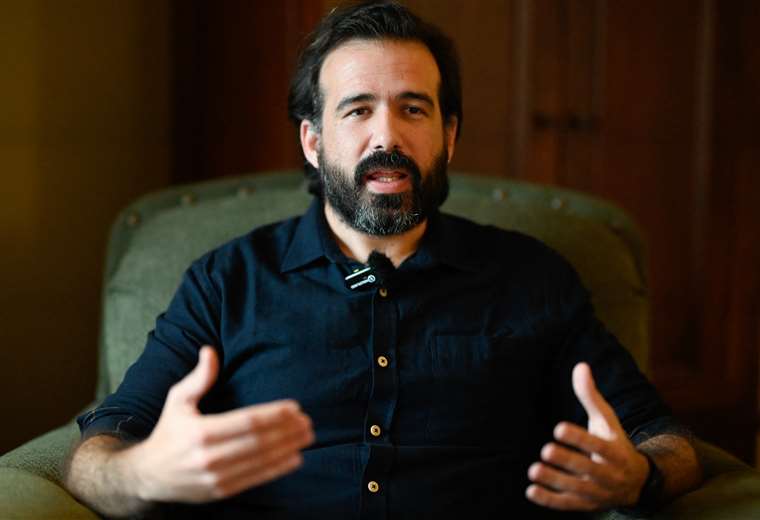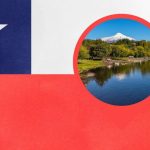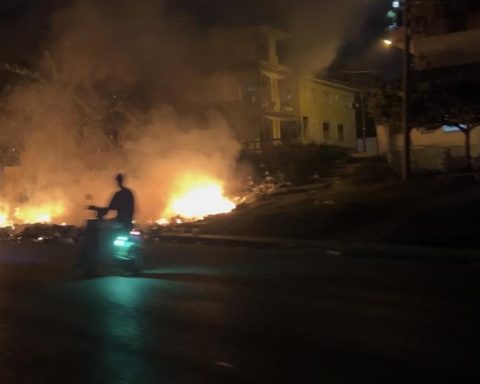July 30, 2024, 8:46 AM
July 30, 2024, 8:46 AM
Romeu is in Guatemala to visit journalist José Rubén Zamora on Tuesday, a critic of the government of right-wing Alejandro Giammattei (2020-2024) and who is serving two years in prison on money laundering charges brought against him by the controversial Guatemalan prosecutor’s office.
She also expressed concern over the recent disappearance of Nicaraguan journalist Fabiola Tercero, in a new wave of “repression against the press” critical of Daniel Ortega’s government.
Question: What is the future of press freedom in Venezuela after Maduro’s re-election?
Answer: For decades, journalism in Venezuela has been under pressure, under attack, under direct censorship by the Maduro regime, by Chavismo, but the situation continues to worsen.
There has been no freedom of the press in Venezuela for a long time, but current conditions lead us to believe that it could get worse if there is no trust.
The context is one of widespread atrophy of the information ecosystem. Many media outlets have disappeared.
Q: To what point can it deteriorate further with re-election?
A: If an election is held in which there are serious accusations of fraud, in which there is a lot of mistrust, it is difficult to imagine a context in which journalism can be more vibrant, more present and do its work in a more structured way. There is really no optimism, it is difficult to have hope.
We hope that the situation does not deteriorate as even Maduro has envisioned, [de] a ‘bloodbath’. We hope it doesn’t come to that.
Q: How do you assess the situation of the press in Nicaragua?
A: Nicaragua is the Latin American country that is currently experiencing perhaps the worst situation in terms of press freedom. I would say in terms of human rights in general.
Almost all independent journalism in Nicaragua is outside the country. The situation in Nicaragua in terms of human rights and in particular freedom of the press is a horror film.
To a large extent, we still have more or less stereotypical ideas about what state censorship means, and that has often changed over time.
But in Nicaragua it is very clear. There is almost a caricature of state censorship, that is, in its pure, classic state, in which the government systematically interferes, on a daily basis, in the flow of information in all its senses, impacting the journalistic process at every moment.
There are around 260 exiled journalists, most of whom are in Costa Rica, but also in the United States and Spain.
Q: Has anything changed for journalists in Guatemala under the current government of Bernardo Arévalo?
A: We are no longer like in the previous government. [de Giammattei] in which there was a discourse of persecution, of harassment towards the press, which even fed a whole logic of criminalization of journalism.
But there are more concrete changes that have not yet come. Several journalists have had to go into exile from Guatemala. At least 16 journalists that we have registered had to leave the country because they were suffering a criminalization strategy by the Public Prosecutor’s Office.
The Public Prosecutor’s Office has an absolutely central role in everything that is happening, more so than in other countries where we have worked, where we monitor the situation of press freedom.
Q: And what do you think of President Nayib Bukele’s practice of journalism in El Salvador?
A: Bukele’s perception of journalism is a perception of propaganda, so he does not understand or does not want to understand journalism in its social function of exercising social control over power. That does not interest him.


















